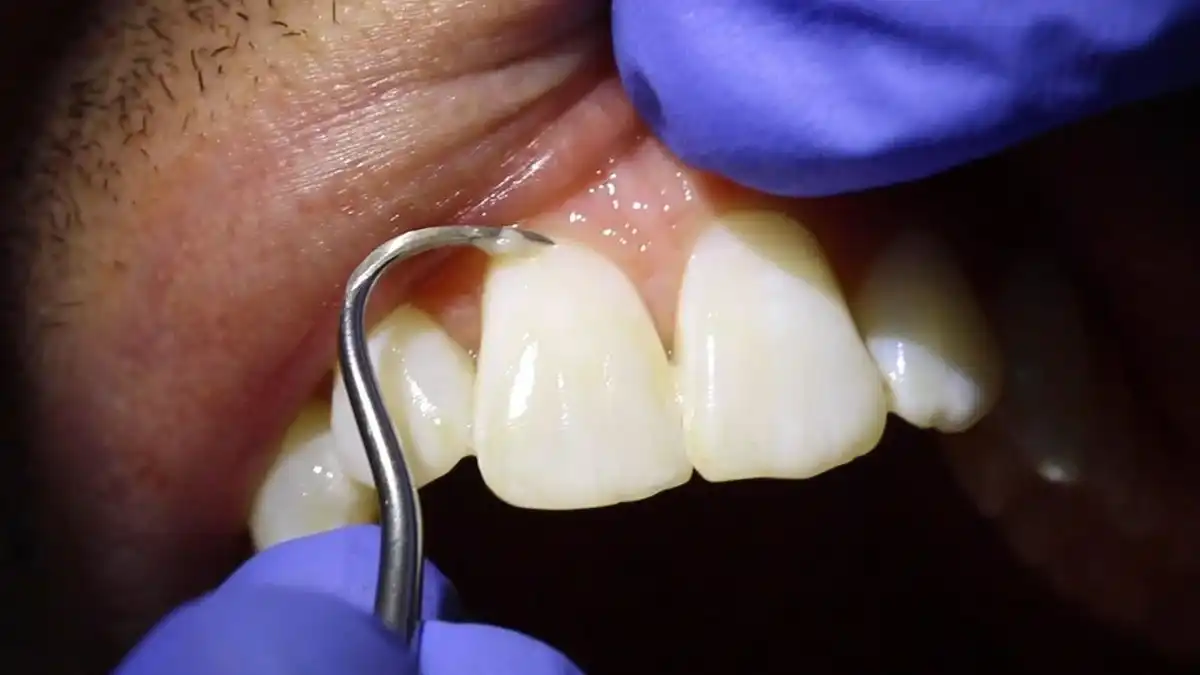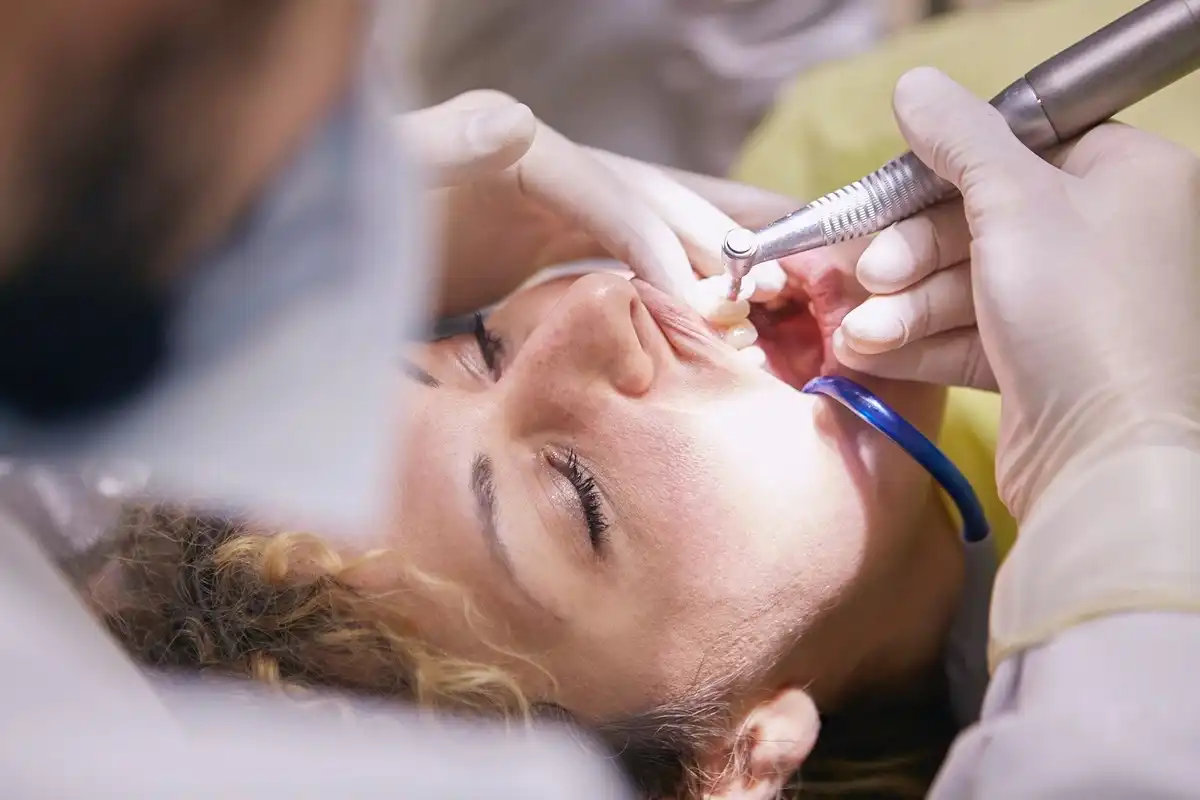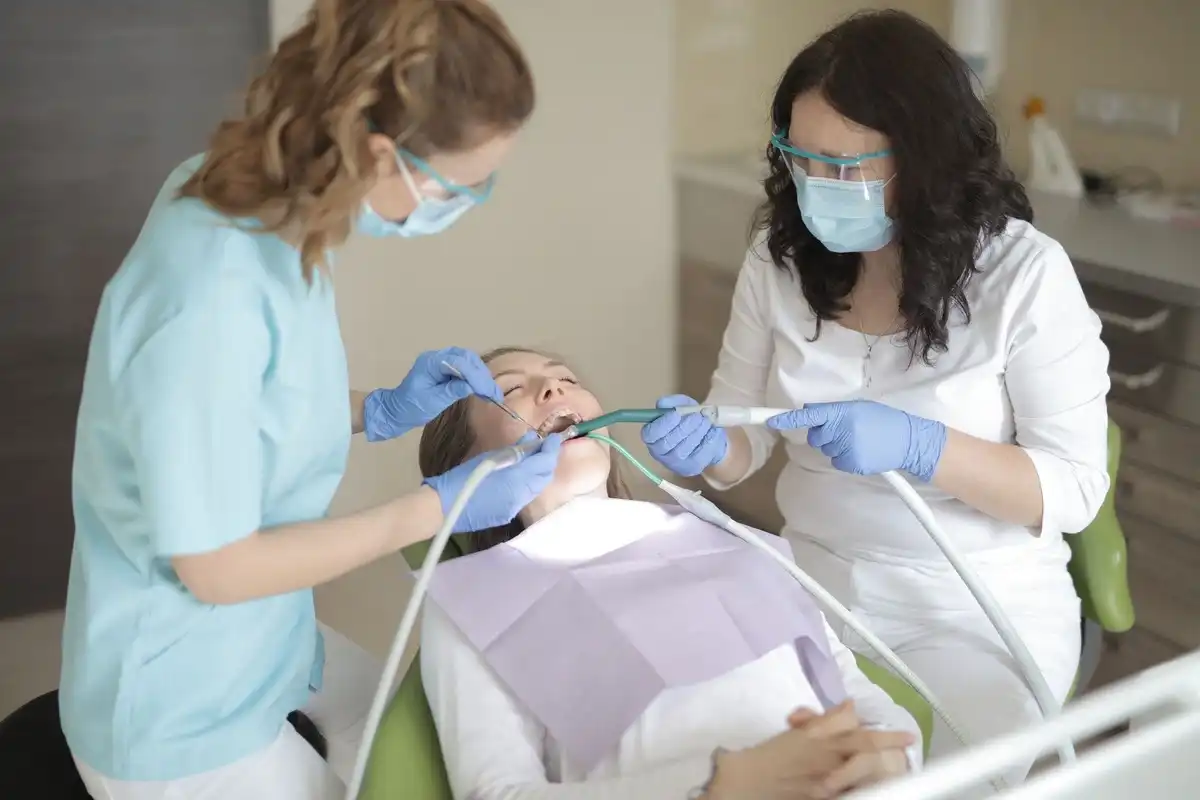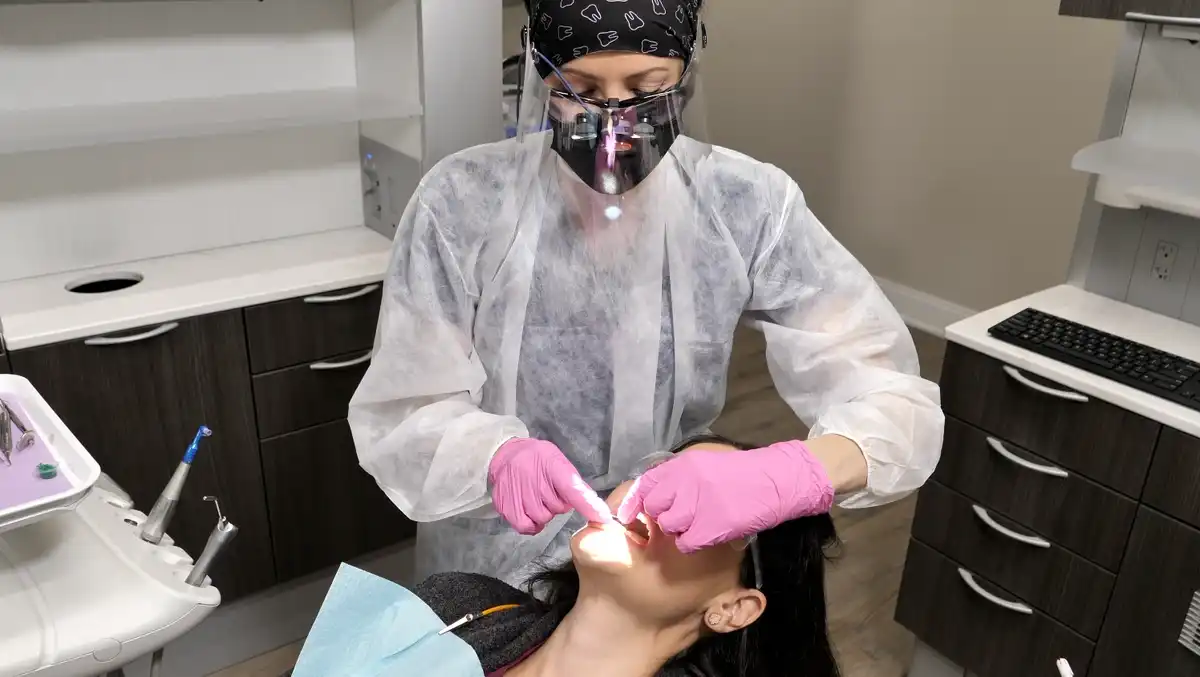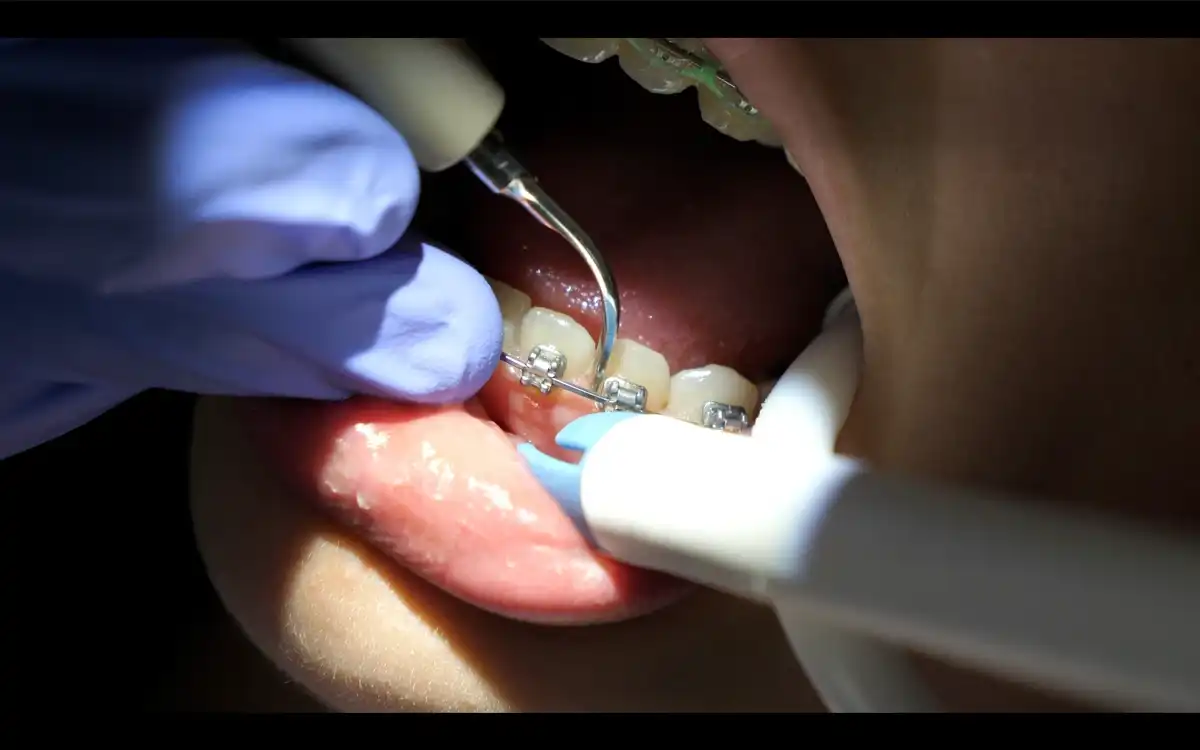Dental Hygiene School Costs & How to Pay for It

In this article, we may include products or services we think are useful for our readers. If you buy through links on this page, we may earn a small commission to help fund our mission to create more healthy smiles. Here’s our process.
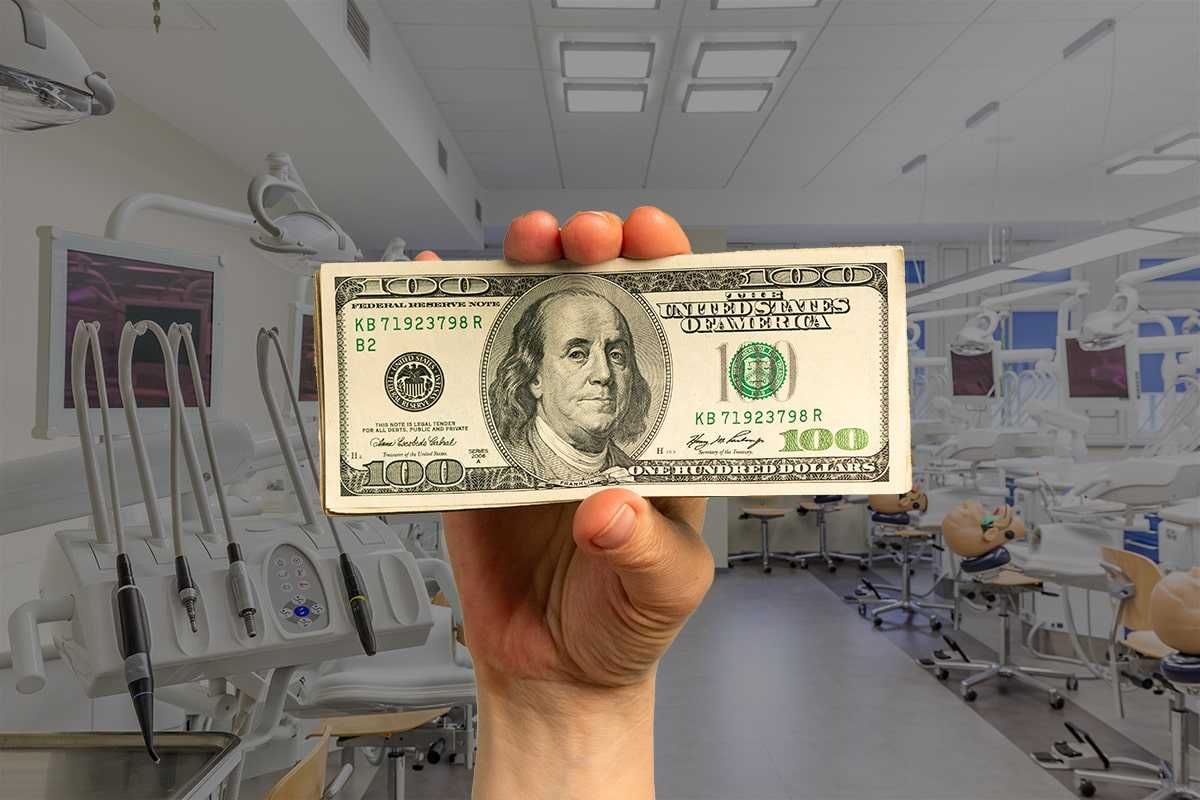
Like any college degree, dental hygiene school is going to cost a pretty penny. Thankfully, it also promises a well-earning career once you graduate. But how much exactly can you expect to pay for dental hygiene school costs to be sure what the best option is for you, personally?
The first step is to be honest with yourself about what you can afford and budget for. That includes being practical about financing options and taking out dental hygiene student loans while you’re still in college. This can range from private loans from your local bank to federal grants or scholarships. In reality, a lot of RDH students use a combination of options for financing their dental hygiene school. Regardless of your financial capabilities, it’s important to weigh your options when selecting the best dental hygiene program for your dental hygiene education.
Dental Hygiene Tuition Cost
According to the American Dental Education Association, tuition costs for the dental hygiene profession degrees typically range somewhere between $22,000 to $30,000. This can differ depending on in-state or out-of-state tuition. It can also depend on if you are working towards receiving an associate, bachelor's, or master's degree. These different educational levels can impact the costs the most, as some are at a junior college while others are at large universities.
When applying to dental hygiene programs you need to know what degree you want to complete and what you plan to do with it after you graduate. Some dental hygiene grads stay in clinical their entire careers, while others branch out to teaching, sales, and more! If you are looking to focus your career on clinical work, an associate degree can be a great start without going into too much debt. For those looking to advance their careers or have more work options later on, bachelor's and master's level degrees are probably a better option.
Keep in mind that you can always go back to college for another degree later on, if you choose to focus on an associate’s degree right now. This approach can also help to reduce the heavier burden of school costs all at once.
Pro Tip: The American Dental Hygienists' Association (ADHA) recommends you attend an accredited dental hygiene program! You can find dental accreditation hygiene programs here.
Public vs. Private Dental Hygiene School Costs
One major decision to make when it comes to picking the right dental hygiene program is whether you’re going to attend a private or public university/college. Or, maybe a community college is more of the vibe and price that you’re looking for! It’s important to know the difference in tuition costs when it comes to these types of colleges, as they can affect dental hygiene school costs by tens of thousands of dollars.
Community colleges are often much more affordable when it comes to tuition but require commuting. Private schools will often top the list of highest tuition in comparison to other universities, but keep in mind that financial aid may be more generous at those schools. Every school and dental hygiene program has its own range of costs, and they can usually be found on their website for a more accurate breakdown. If you can’t find them online, try contacting the school's financial aid offices for more information.
Dental Hygiene School Expenses
In dental hygiene school, you will be financially responsible for tuition, room and board, textbooks, and separate dental hygiene program costs. These specific dental hygiene program costs can include:
- Scrubs and personal protective equipment
- Cassettes and dental instruments (dental hygiene instrument rentals)
- Board exams
- Miscellaneous supplies for the clinic
- Licensure fees
- Dental related education programs
These expenses are considered “extra” for dental hygiene programs as it is specific to this major. Which means they’ll add to the college or university’s overall cost of attendance. The good news is that your instruments can be kept post-graduation, and some students will even sell them later.
Scrubs also last several years and can be worn after completing school. Setting aside money for each semester’s expected “extra costs” can help ease stress and anxiety related to these concerns. Keep in mind that once you graduate, your income will increase; with proper budgeting, you can begin paying off school debts and dental hygiene student loans in no time.
How To Pay For Dental Hygiene School
So, how exactly are you supposed to pay for tuition, dental hygiene courses, and all these “extra costs”? Thankfully many schools and financial institutes have many financing options for students to pick from.
Financing for Dental Hygiene Education Expenses
1. Scholarship Opportunities
Scholarships are a great way to help pay for college. Scholarships can be granted for a multitude of reasons. Academic achievements, athletic abilities, diversity, or those that truly need help with financials may be eligible to receive scholarship funds. It’s a great idea to start looking for scholarship opportunities before applying for school. This can allow you time to see what you may be available for and give you time to apply and provide essays as needed.
2. Grants
Grants are money given to those that need it. Grants are like financial aid; however, they do not need to be paid back. This funding comes from the government and can cover a variety of school-related costs including tuition, room and board, and supplies needed. To check if you are eligible for a grant, grant.gov is a great resource to explore. Research grants and scholarships can be granted through government agencies and other institutions.
3. Student Loans
Student loans are a general term for all the different types of loans you can use to finance school, including the ones available through FAFSA. But they can also be private loans offered by banks or credit unions.
However, private loans can be difficult to get approved for as they often require good credit scores. For young students, this may be a challenge, so you’ll probably need cosigners, such as your parents. With a cosigner, you’ll probably have more financial options regarding your student loan amounts and interest rates. Federal student loans, like the ones we discussed regarding financial aid, are funded by the government, and will have a fixed interest rate, with flexible payment options.
4. Financial Aid
Financial aid is probably the most well-known option when it comes to financing for college. For those looking for financial assistance, a FAFSA form must be completed to determine what you may qualify for. If accepted for federal financial aid, you can access the money to help cover school-related costs. Just remember, it will ultimately need to be paid back after you graduate. A majority of students who apply for financial aid do get some form of support. It’s important to know how much you will owe post-graduation and when to start making payments so that it doesn’t sneak up on you.
5. Work Study
When you apply for student aid with your FAFSA, you can also qualify for work-study programs, which allow you to have an on-campus job where the payments go toward your tuition costs, room and board, etc. See your school’s financial aid department for more information! But remember, it can be really difficult to work while in dental hygiene school, so you may be limited when it comes to your hours each week.
6. Payment Programs
This payment option allows you to slowly pay tuition at a more reasonable rate to help reduce the burden of up-front costs. Many schools will offer monthly payment plans with automatic withdrawals of a certain amount every month. This can be a great option when you can plan a budget ahead of time and want to avoid loans. Many community college dental hygiene programs are reasonably priced enough to use monthly payments, compared to larger university programs that often have a steeper price tag.
7. Use Your Savings
Dipping into your savings to help with dental hygienist school costs isn’t a bad idea! If you can prepare ahead of time, try to set aside money so that you can pay for dental hygiene school before it starts. Even if you don’t have enough for the entire amount, it can reduce the amount of loans you’ll pay back after graduation.
8. Work and Go to School
I can remember being told that you can’t possibly work during dental hygiene school because of the heavy studying and exams required. However, many students do find it possible with proper planning, time management, and the right work hours, to have a part-time job during dental hygiene school (or at least between semesters.) While working around lectures and clinicals during the week is pretty much unrealistic, weekends are still an option for many students! Weekend jobs can offer more flexible hours without interfering with schoolwork.
What Does Dental Hygienists Do?
Dental hygienists are oral health prevention practitioners. According to the American Dental Association (ADA), dental hygienists play a vital role in dental care teams, focusing on preventive oral health care. They care for patients by delivering preventative public health care services, providing oral health education, administering periodontal disease therapies, taking X-rays, screening for oral cancer, and so much more! All of these responsibilities require an extensive education. Dental hygienists must learn about subjects such as pharmacology, microbiology, histology, pathology, and patient care, just to name a few. These heavy science courses prepare dental hygiene students to graduate with a comprehensive understanding of oral health in order to provide exceptional services to their patients. Regardless of whether you complete an associate’s or bachelor’s degree in dental hygiene, dental hygienists will still be performing the same clinical role once you graduate from your RDH program and pass your board exams.
Dental Hygienist Schools Cost Recap
While dental hygiene school requires some upfront costs and may land you in a bit of student debt, it’s truly an investment in your future and promises a rewarding income. If you’re passionate about helping others, get excited when it comes to all things oral health, and want to build a career helping others live healthier, more confident lives, then dental hygiene school just may be the perfect choice for you!
The current average salary for a dental hygienist in the United States is about $81,4000.00, but it varies depending on where you live (in some areas of the country, hygienists earn as much as $100,000 or more.) Hygiene is a stable income with room for growth! If you’re interested in becoming a dental hygienist, try job shadowing, touring a local dental hygiene college program, and talking to hygienists that have been through it all already. Getting a feel for what to expect financially and how the day-to-day duties play out is a great start to determining if this is the career for you! Plan ahead and get ready to work on your time management skills; your future career and finances will thank you!

Make your inbox smile!

